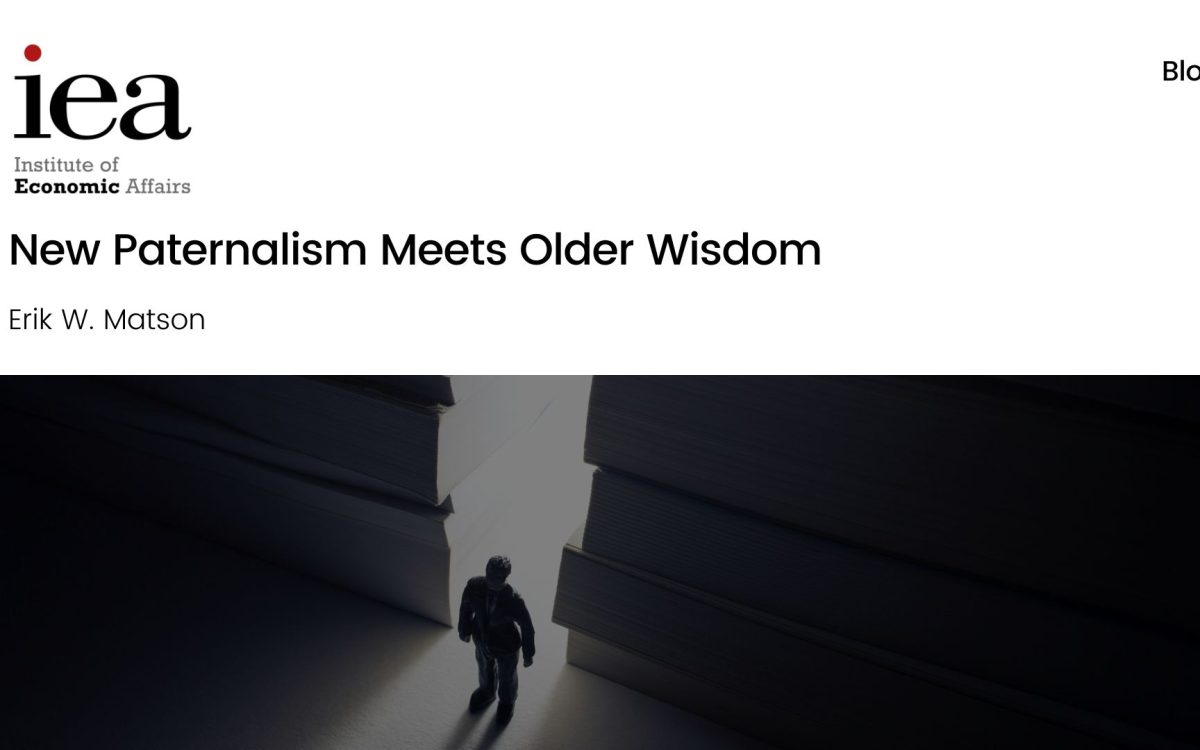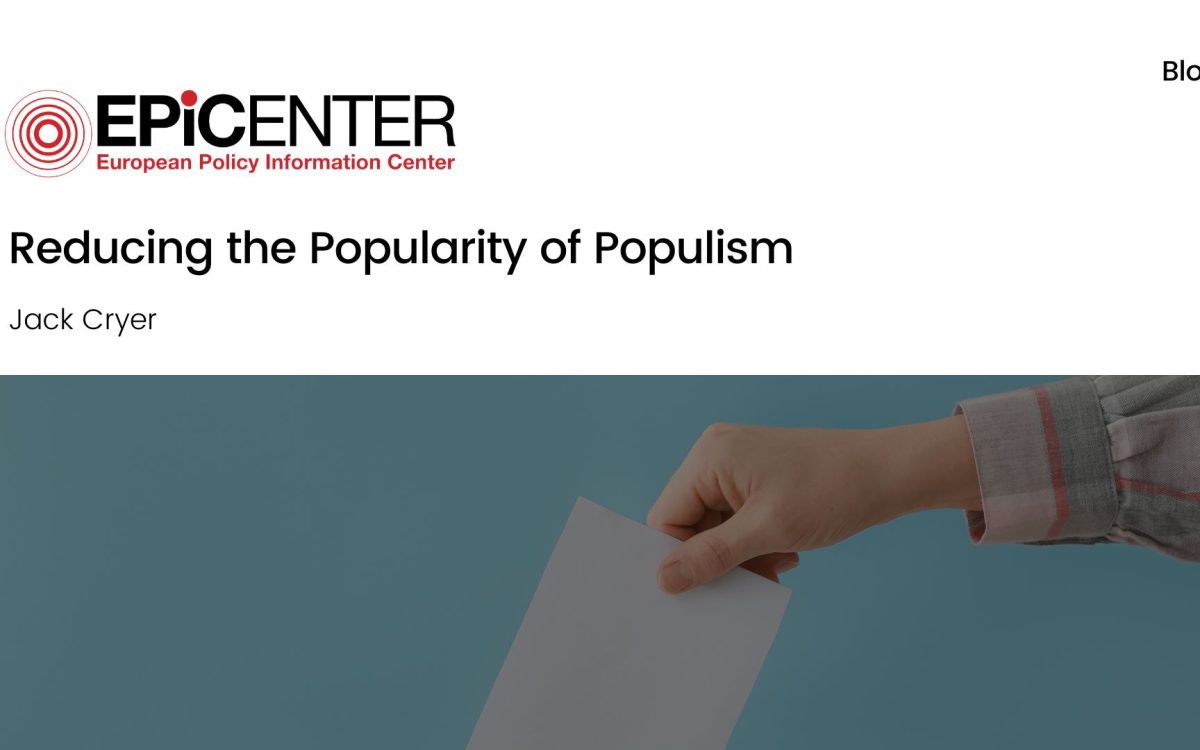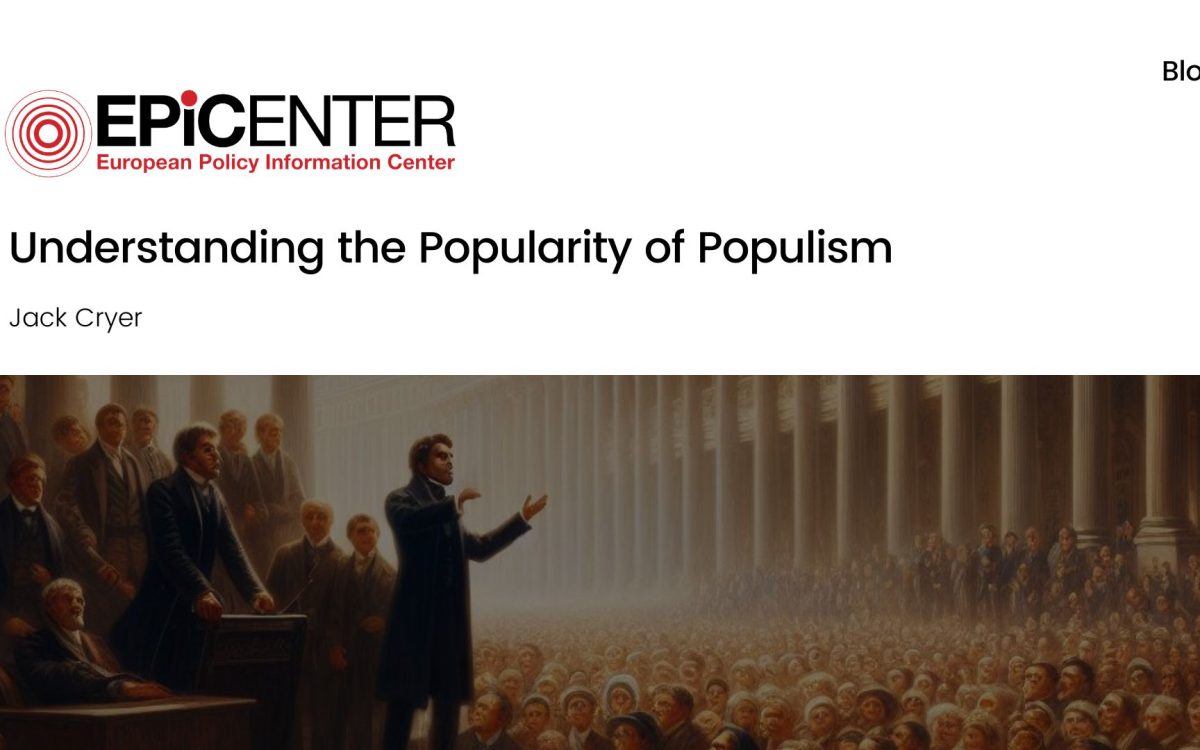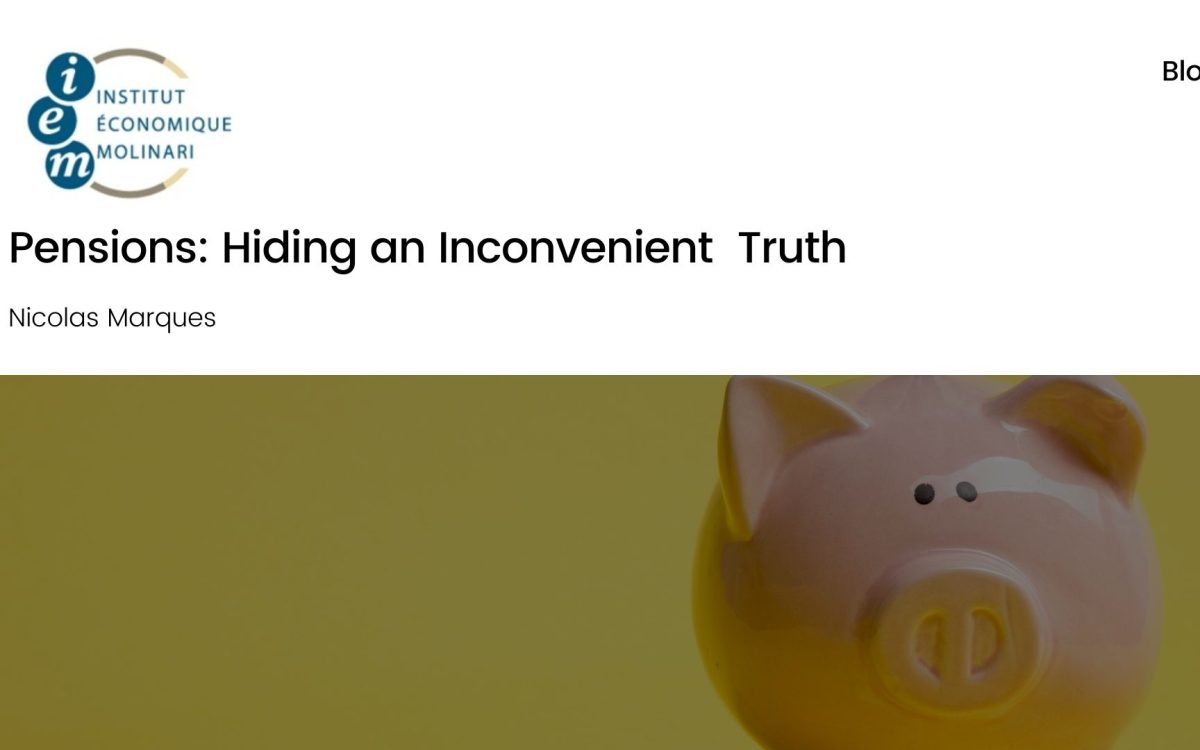Supporting Ukraine
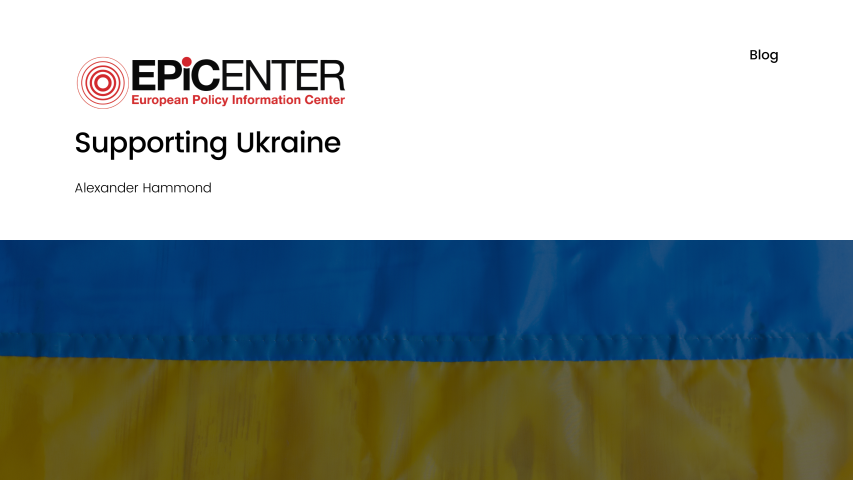
Supporting Ukraine
Alexander Hammond // 9 March 2022
Since the war in Ukraine intensified, a strong network of civil society united to help as much on the ground as possible.
Besides donations to organisations listed below, some of our own are in the region offering their help to people in need.
Alexander Hammond, the Director of IATP and EPICENTER’s Research Fellow, is currently on the Polish-Ukrainian border assisting locals with food, shelter and any urgent needs. The recent interview with him and his partner provides a glimpse into the situation below.
Interview transcript
Alex: We drove from Milton Keynes to Poland on Sunday. Our initial intention was to help Maria’s family and a few other mutual contacts we knew. But then we decided to set up a JustGiving to cover some of those costs and the support absolutely sky rocketed. And we’ve got several thousands of pounds to now really help other people on the ground. And our mission, initially just to come and help the family and a few other people, has gone well beyond that and we have been able to offer far more support than we could have possibly imagined and to many more people. We are helping many women and children to put them in accommodation so far ranging from two to thirty days, at extremely short notice. Just so they’ve kind of got that time to rest and get their mind around their situation, and then move on to their next plan. We’ve got so many examples of different people we have helped put in from mothers with infants who are still breastfeeding, who call 8pm at night looking for somewhere to go and that is where Airbnb, booking.com, and uber have been so invaluable to us to coordinate these efforts.
Presenter: I was going to ask Maria, so you went to the border, have you managed to hook up with your family and actually see them now and things?
Maria: Yes. Thankfully they were able to leave Ukraine and come over here (to Poland) so we managed to pick them up. Some of my family are still in Ukraine and they are considering coming here (to Poland) as well, but obviously we have to remember that it’s a very, very difficult decision for Ukrainians to leave because they are leaving their homes. And we are all trying to stay optimistic but there is a worry that even though we are leaving everyone wants to come back, but there is a worry that we might not be able to go back to our homes, see our friends and carry on with the life that we used to have.
Alex: And there is enormous problems as well, because even though we are here now in accommodation with some of Maria’s family and even though the Polish people have been absolutely amazing and hugely supportive to all Ukrainian refugees, in an ideal situation we would take them back to England. We’ve got friends and family who can offer rooms, support, huge support networks, however right now we wouldn’t make it past Calais.
Presenter: How have you found engaging with the UK [immigration] system [for Ukrainian refugees]?
Alex: So far it’s been pretty difficult as Maria says, we’re in Krakow in Poland right now fortunately with Maria’s family. They managed to get out of Ukraine and are staying with us now and even though the Polish people have been amazing in an ideal situation we’d bring them back to the UK. We’ve got friends, family, huge support networks who could help us out but at the moment we wouldn’t make it past Calais. We are really of the mind that the government should consider either waiving visa requirements or doing a lot more. I think across Europe, especially if you see on twitter you’ll see pictures of packed out train stations in Germany and France, with locals holding up signs offering rooms to refugees and, I really know from the bottom of my heart, that would be the case in the UK too if only the British people were given the opportunity to do so. And apart from humanitarian reasons for opening the borders a lot more for Ukrainian refugees, there’s an enormous economic one. We are facing an enormous labour shortage in the UK and it’s difficult to see how an influx of hundreds of thousands of hard working, extremely grateful immigrants and refugees from Ukraine would be detrimental to our economy overall.
Presenter: Some really chilling accounts of humanitarian passages being shelled, of people desperately trying to flee for their lives and actually having to turn back and go back to danger because the routes out are just simply not safe enough. What sort of anecdotes have you heard?
Maria: Well, my mum’s friend is trying to escape from a region close to Kyiv and they had to travel probably around six hours just to cross Kyiv, normally that would take about two hours, but because there are many block posts and shelling happening people just have to . . . I mean the journey just becomes so complicated and dangerous it just takes thirty hours, in some cases to go from Kyiv to western Ukraine whereby normally it would take about six hours by train and then in Ukraine there has been a very widely shared post about four young people who were helping people in Kyiv with food supplies and drugs and they were all targeted by the Russian army and they were all shot. Those people were NGO workers, volunteers and there are many, many stories like this circling around Ukraine.
You can donate towards Alexander Hammond’s efforts to help refugees on the ground here.
Organisations to help
Atlas Network: Supporting free market organisations on the ground. Donate here.
Blue-Yellow: Supporting the Donbass area with humanitarian aid and military equipment. Donate here.
Help Ukraine: Providing humanitarian and medical aid. Donate here.
Stand with Ukraine: A group of classical liberals help civilians, refugees and defence units. Donate here.
Ukraine War: A list of humanitarian organisations that help on the ground. Donate here.
EPICENTER publications and contributions from our member think tanks are designed to promote the discussion of economic issues and the role of markets in solving economic and social problems. As with all EPICENTER publications, the views expressed here are those of the author and not EPICENTER or its member think tanks (which have no corporate view).
